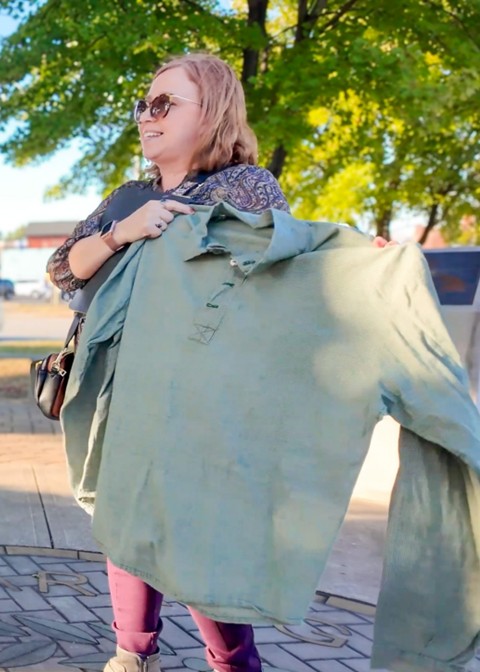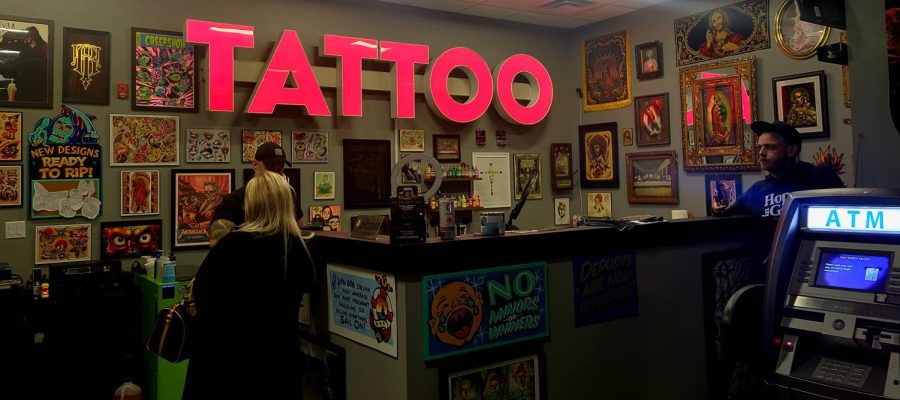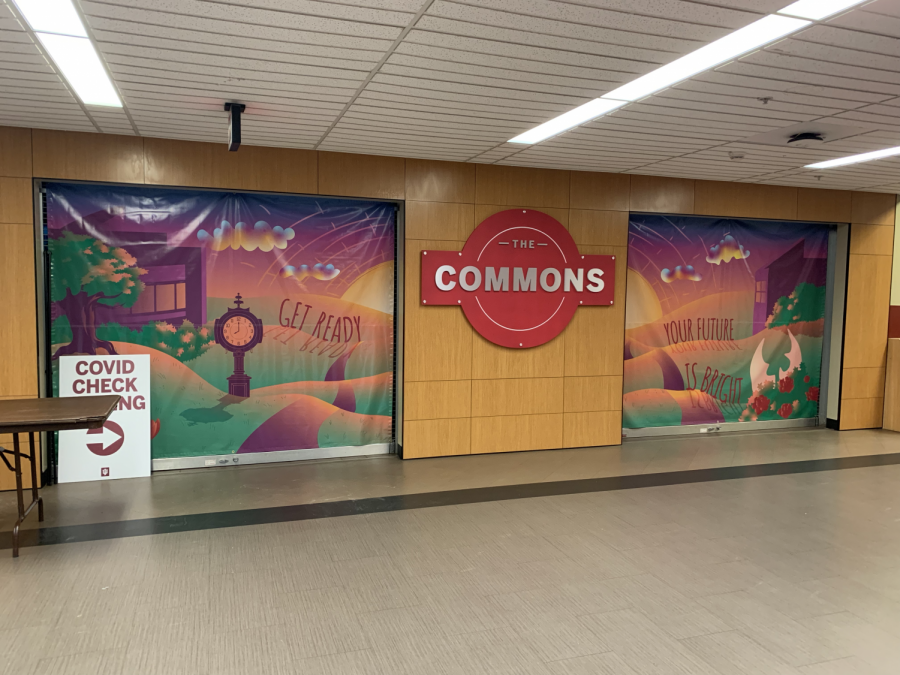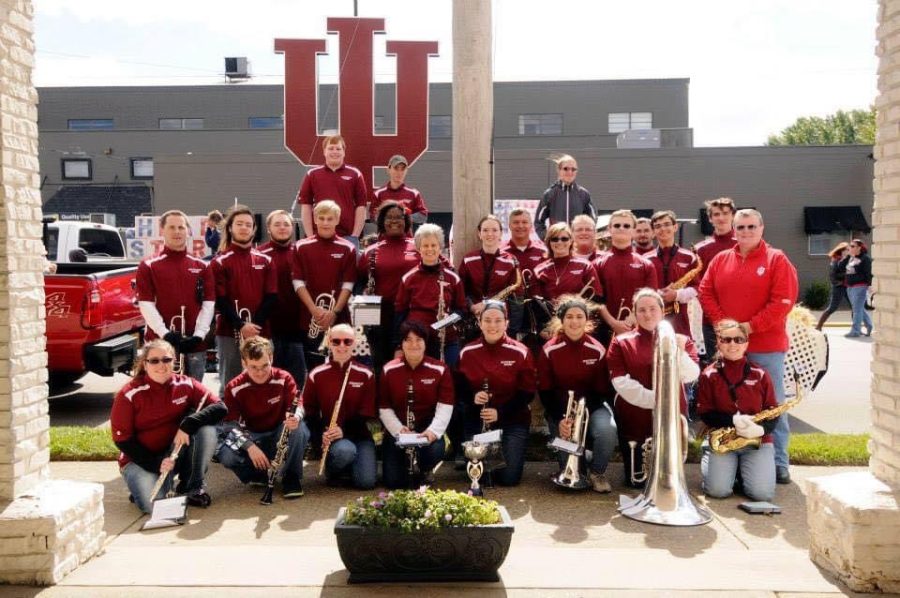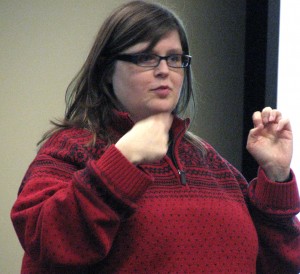
Tom Kotulak, associate professor of political science and pre-law adviser, said the right to privacy as a constitutional issue was not affirmed until 1965 when the Supreme Court ruled in [Griswold v. Connecticut] that it violated the right to marital privacy.
With its success, privacy cases in-line with matters of procreation have followed throughout the years, but Kotulak said the courts have begun to shift.
“They’re beginning to focus on issues of privacy as it relates more to technology and the ability to communicate,” Kotulak said.
Joe Wert, associate professor of political science and dean of the School of Social Sciences, discussed technology in the historical development of the presidential elections.
Wert said, until the late 19th century, presidential candidates didn’t campaign themselves. Instead, people in their party campaigned for them.
“To travel and campaign by horseback was time-consuming,” Wert said, “but, as train and automobile technology developed, and then air travel, it became more feasible for them.”
Rhonda Wrzenski, assistant professor of political science, said with modern elections and new technology, campaigns have become more proficient.
“Barrack Obama’s campaign was at the forefront of that movement,” Wrzenski said. “This is one of the reasons why his campaign was so successful.”
Cliff Staten, professor of political science and international studies, said hate groups and terror organizations have also used cell phones and the Internet to their advantage.
“Al-Qaida is probably the best at using this technology in getting their message out,” Staten said. “After 9/11, they used it in a media blitz to promote its jihad ideology. They have gotten really good at making information readily available to your cell phones.”
Katie Lewellen, special education freshman, attended the event to write a paper for a class and said she found it to be interesting.
“It was very informative the different ways they spread information,” Lewellen said. “It will help me keep my students up to date with what’s going on.”
Jean Abshire, associate professor of political science and international studies, said Facebook and YouTube had been banned in Syria for years until recently but opened it up last month in the wake of the unrest in the Middle East.
“The fear is word getting in or out,” Abshire said. “Fear of the international reactions and word getting out about how bad things are.”
The revolt against the Egyptian government came from young, tech-savvy individuals with one of the top spokespeople being a Google executive from Egypt.
With Internet shut down, they managed to use dial-up modems to connect to the Internet with cell phones. They also used more conventional forms of technology, such as the Hamm radio.
One thing all of the professors said they agreed on was advancements in technology are being used for good, such as providing
important information while at the same time preventing inaccurate and dangerous data from existing.
By STEVE NICHOLS
Staff
stevnich@umail.iu.edu

